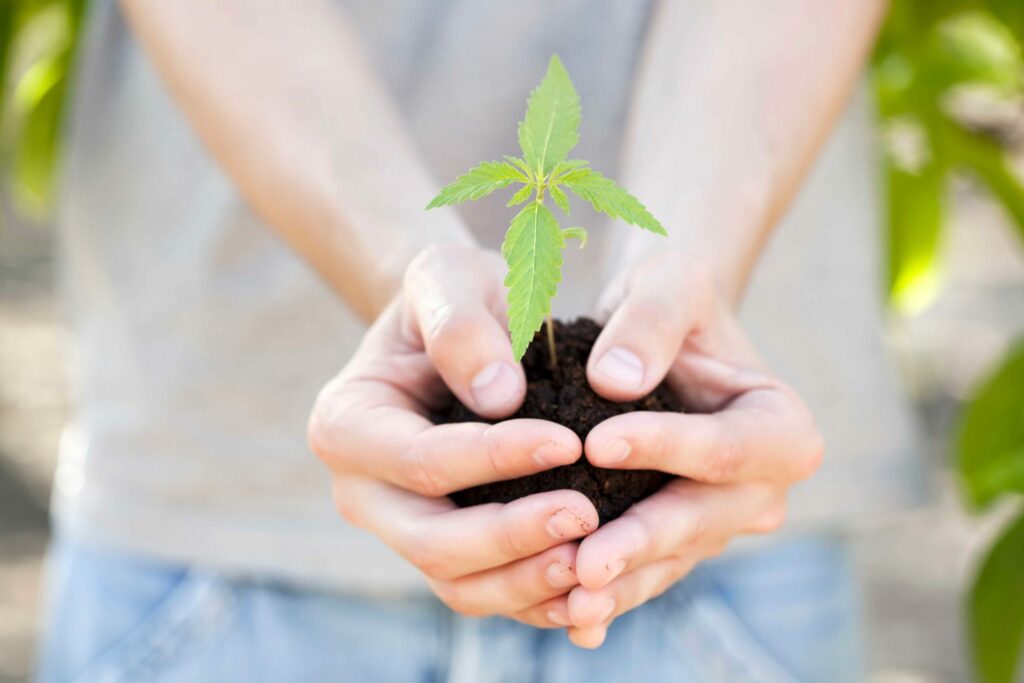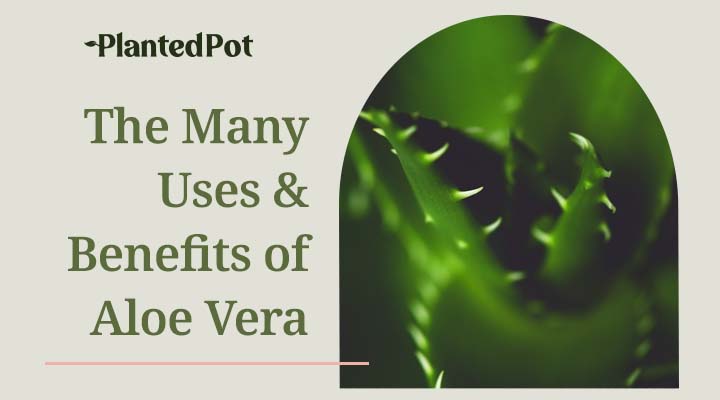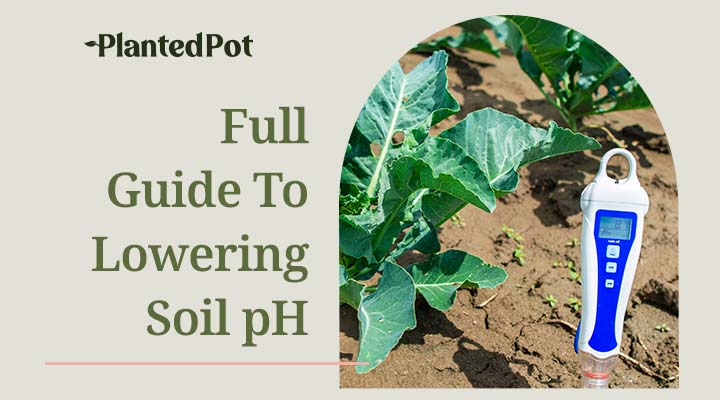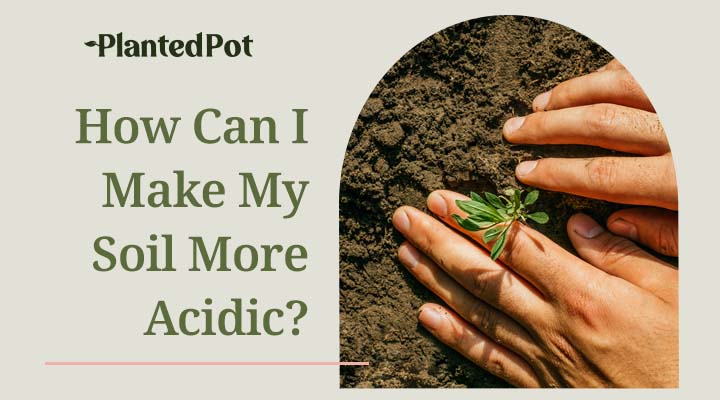
Does Music Affect Plant Growth? Experts Tune in and Reveal the Truth
Home / Does Music Affect Plant Growth? Experts Tune in and Reveal the Truth
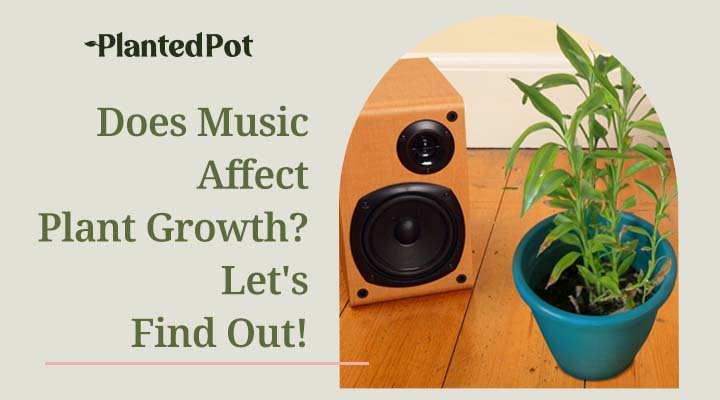
Does Music Affect Plant Growth? Experts Tune in and Reveal the Truth
- Kyle Chin
- April 7, 2021
- 11:21 pm
- No Comments
When we talk about plants having feelings and personalities, it may sound a little bit crazy. But is it that hard to believe? After all, they are living, breathing organisms just like us. One popular theory that many botanists and gardeners swear by is that plants grow healthier and stronger when exposed to music. So, how exactly does music affect plant growth, and is there any truth to this claim?
In his 1973 book, The Secret Life of Plants, authors Christopher Bird and Peter Tompkins explore the idea that plants have a physical, emotional, and spiritual connection to people. In this book, Bird and Tompkins suggest that plants have a level of consciousness and intelligence. Let’s take a deeper dive and see what we can find out!
Can Plants Hear?
Plants process sounds differently than we do because they don’t have ears or central nervous systems. Plants don’t necessarily hear sounds but can sense and detect various frequencies and vibrations.
For example, a popular theory called “buzz pollination” examines how flowers react when exposed to the constant buzzing sounds from bees. What researchers discovered was that vibrations from the sound of buzzing could stimulate pollen release.
In fact, researchers from Israel found that plants could adjust their nectar mix within minutes after they played the sound of buzzing bees. This study was a big step into understanding the relationship between sounds and plant growth.
Furthermore, another study demonstrated the possibility that plants could recognize different sounds and vibrations. In this experiment, a small thale cress plant was exposed to sounds of a caterpillar feeding on leaves. These sounds caused the plant to react defensively and produce a chemical to fend off predators.
These fascinating studies showed that plants could indeed react to different sounds! So while plants may not be able to hear, they are constantly responding to their environments.
Does Music Affect Plant Growth?
Yes! As it turns out, there is a positive connection between music and plant growth. Several studies have reached this conclusion through different experiments. Let’s explore!
One of the earliest studies on the effects of music on plants was performed by Dr. T.C. Singh from Annamalia University in India. He started by playing classical music to balsam crops and found a 20% increase in growth rate when compared to a control group. Not only that, he noted a whopping 72% increase in overall size compared to plants that were not exposed to any music!
Another study conducted by Canadien scientist Eugene Canby resulted in very similar results. Canby played classical pieces by Bach to his wheat fields and received over 66% increase in yield from his crops!
The popular show Mythbusters even conducted their own experiment with plants and music. They played music to different greenhouses, using a silent greenhouse as the control group. At the end of their experiment, they found that the plants with music grew significantly better than the control group.
Many other similar studies have been performed since and confirmed that music can affect plant growth. Playing music that plants are not normally exposed to in nature could potentially stimulate the growth process. Remember that next time you repot your Monstera Deliciosa!

How Does Music Affect Plant Growth?
As we dive deeper into this topic, it begs the question: does the type of music affect plant growth? How does it change how the plants react? You won’t find plants out in the wild listening to Beethoven or Taylor Swift, so how do we know if the type of music even matters?
Shortly after Dr. Singh’s first experiment with balsam crops, he tried his experiment again, but this time he played raga (traditional Indian music) around the plants. Again, he found a significant increase (25-60%) in growth compared to the national average.
In 1973, researcher Dorothy Retallack published her book The Sound of Music and Plants, which confirmed many of Dr. Singh’s findings. In her book, Retallack attempted to find whether plants would react differently to various music genres. She exposed groups of plants to classical, rock, and jazz music and documented the results.
Retallack discovered that while the plants reacted positively to jazz and classical music, the plants exposed to rock music seemed to suffer. The groups of plants around jazz and classical music seemed to grow towards the speaker and even wrap themselves around it. In contrast, the plants around the rock music grew away and up the walls as if to escape.
While this could be a case of the plants wanting to be classy, it is more likely that the harsh sound waves of rock music disrupted plant growth. The loud vibrations of the rock music likely created an increase in air pressure that was not favorable for the plant.
The pleasant sounds of jazz and classical music most likely had softer vibrations that stimulated growth. But how does softer music help the plants grow?
Can Music Accelerate Plant Growth?
Music can absolutely make a plant grow faster! The leading theory to how sound waves affect plant growth is through the process called “cytoplasmic streaming.”
Cytoplasmic streaming occurs when nutrients and proteins are transported through the plant to stimulate growth. Scientists and researchers believe that when certain vibrations hit the plant, it can speed up this process for faster growth.
This theory could explain the idea behind buzz pollination and why plants typically grow better out in the wild around the sounds of nature. Playing music could potentially mimic some of these sound waves and help plants grow stronger and faster.
RELATED: Plant Care 101 - The Top 10 Tips for New Plant Owner's
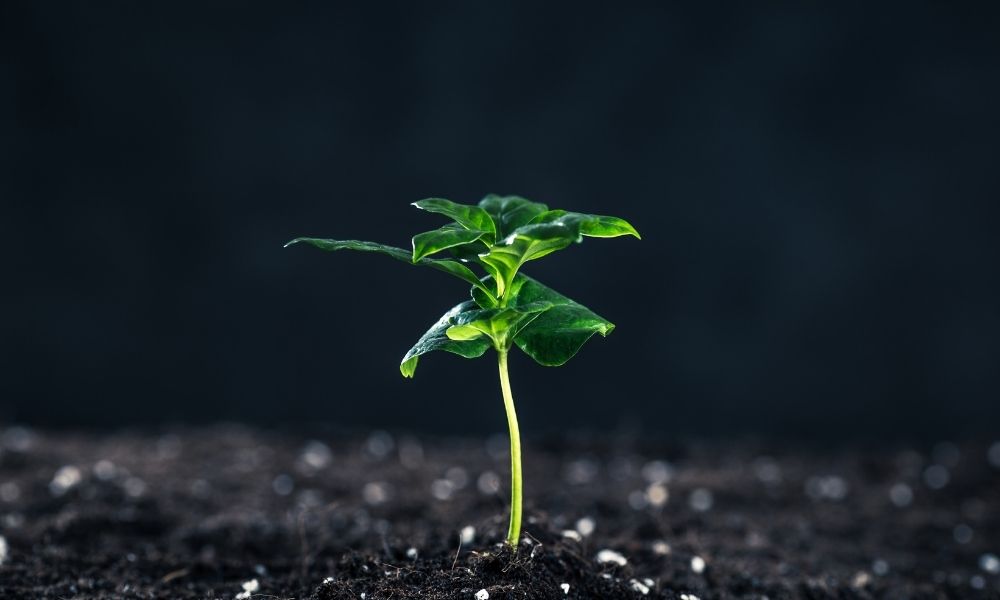
Modern-Day Applications
In 2008, the DeMorgenzon wine estate in Stellenbosch, South Africa, attempted their own experiment. They set up two vineyards, one with music and one without, to observe the growth differences.
After playing classical baroque music nonstop for one week to the first vineyard, they found noticeable signs of increased growth. The vines that were exposed to music covered a larger area and grew more vigorously. Since the plants covered more surface area, they could take in more sunlight, creating sweeter, more flavorful grapes.
Another vineyard, the famous Paradiso di Frassina in Tuscany, Italy, also uses classical music to grow its grapes. When compared to a controlled site, the grapes in the musical vineyard matured much faster than the others. They claim their wine is sweeter and better-tasting as a result!
What Audio Cues Help Plants Survive and Grow?
As we know now, plants can recognize and distinguish between specific sounds. Over time the plants have been conditioned to react defensively to the sounds of pests or insects. But, other sounds in nature may contribute to their growth.
Some of these sounds may include:
- Bees and hummingbirds that can pollinate the plant
- Strong breezes that spread pollen around
- Pleasant bird songs (soft vibrations)
Final Thoughts – Does Music Affect Plants Growth?
Although music seems to play a role in helping plants grow faster, remember that it cannot completely replace your basic gardening care and maintenance. Each plant has its specific needs regarding the light conditions, soil quality, watering, temperature, and humidity. But, it couldn’t hurt to play some smooth, soft music around the house to help your plants grow!
For more information on plant care, check out our dedicated pages on each plant and all the best tips and tricks to making sure they grow healthy and strong!
